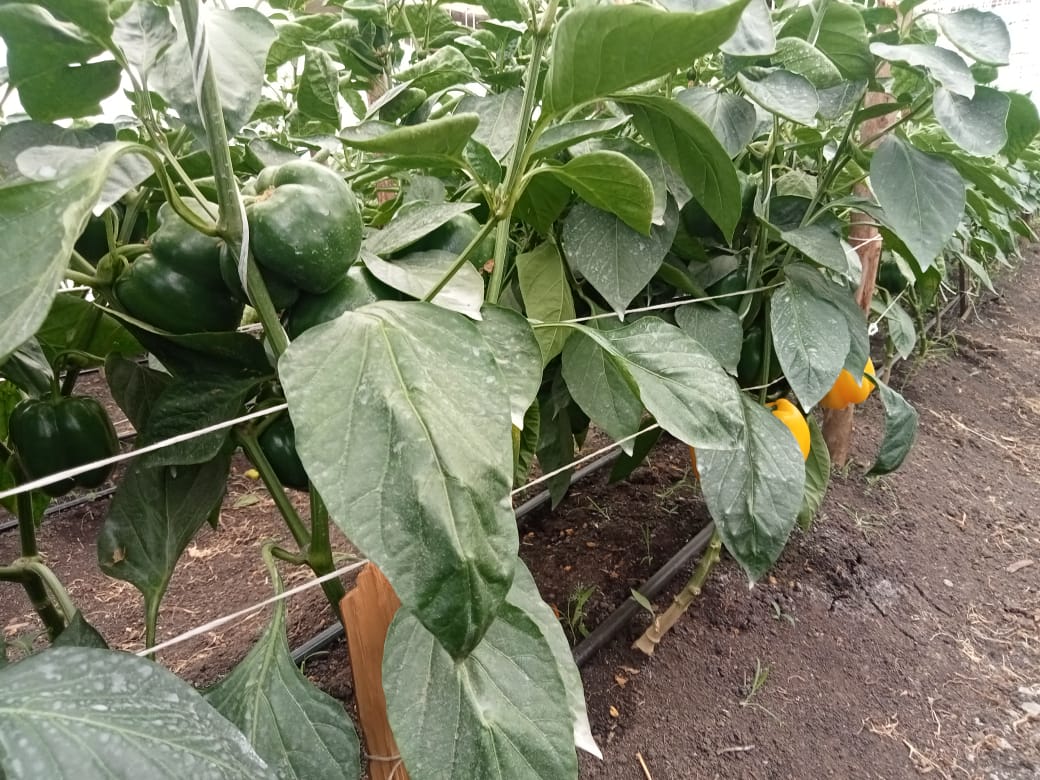Climate-Smart Agriculture


Why Climate Smart Agriculture is Necessary
Agricultural systems worldwide face significant challenges due to climate change. For many rural communities, especially those in arid and semi-arid regions, traditional farming practices are increasingly unsustainable. As soil health deteriorates, water scarcity worsens, and seasons become unpredictable, farmers struggle to maintain productivity. These changes have profound implications for food security, particularly in developing regions like Kenya. By integrating climate-smart approaches, farmers can continue to grow food sustainably, with practices that mitigate risks from extreme weather events and improve resilience over time.

By adopting improved crop varieties, soil health practices, and efficient water management, CSA can boost yields and effectively use resources.
Climate-smart practices are designed to withstand the impacts of extreme weather, offering long-term stability for farmers especially in arid and semi-arid regions.
Techniques like minimum tillage and agroforestry help decrease agriculture’s carbon footprint, contributing to global climate goals.









